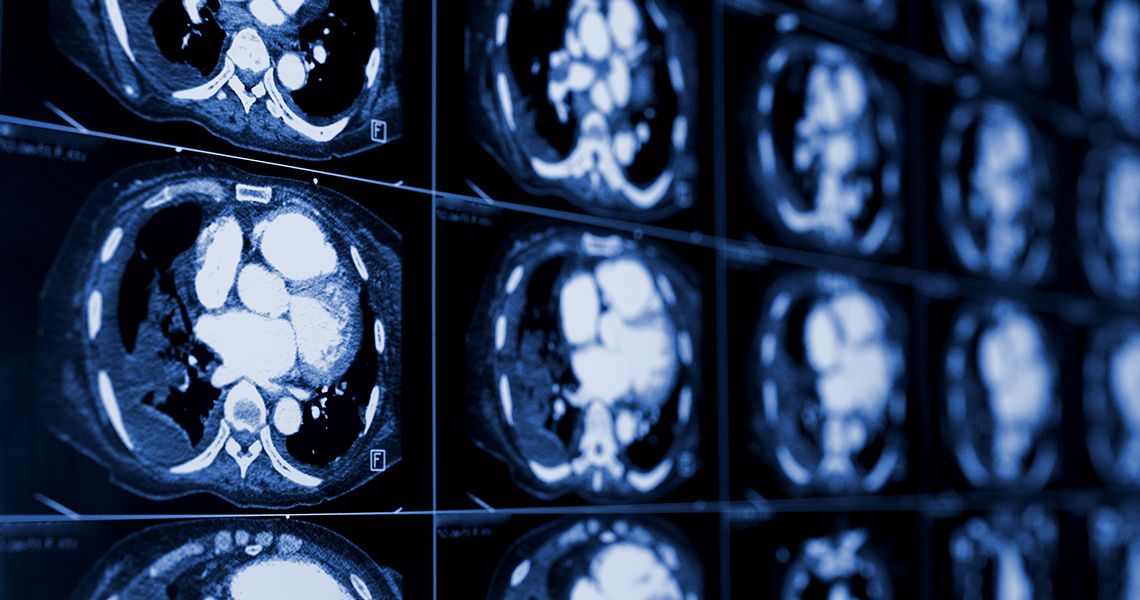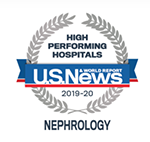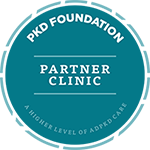Kidney Disease & Hypertension

Services We Offer & Conditions We Treat:
-
-
General Nephrology clinic
-
Kidney Protection clinic
-
Pre-ESRD clinic
-
Hypertension clinic
-
Stone clinic
-
Transplant clinic
-
Intervention Nephrology
-
Treatment for Kidney Disorders in Washington, DC
The Division of Kidney Disease & Hypertension at The GW Medical Faculty Associates offers comprehensive care for patients with acute and chronic disorders of the kidney and urinary tract; fluid, electrolyte and acid base imbalances; and hypertension.
Clinical services have expanded over the past several months to include inpatient as well as outpatient care, hemodialysis, continuous renal replacement therapies, peritoneal dialysis, renal transplantation options, renal biopsy and interventional nephrology.
Brochures:
News & Information
The GW Medical Faculty Associates recently received a gift from Personalized Medicine Care Diagnostics (PMCDx), an advanced molecular diagnostic testing laboratory, in memory of Manny Velasquez, MD, Professor Emeritus of Medicine at GW SMHS and a long-time nephrologist at the GW MFA, who passed…




